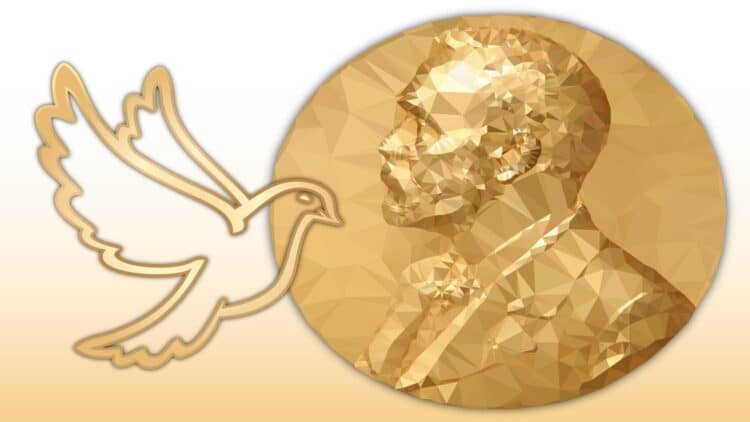Maria Corina Machado, opposition leader in Venezuela, has been known for her efforts on democracy and human rights along with her peaceful activism in one of the most politically violent Latin American countries. The win of the Nobel Peace Prize on October 10 was expected. The award showed Venezuelan people and the diaspora hope and was met with both applause and intense criticism.
Machado was always the emblem of democratic defiance
Former member of the Venezuelan National Assembly and perennial critic of Nicolas Maduro’s government, Machado was always the emblem of democratic defiance. Venezuela, suffering human rights violations, authoritarian governance, and a collapsing economy, needs its champions to sing its praises.
The Nobel Committee has valorized Maria Machado for her “brave and nonviolent struggle for democracy and civil liberties” in the country, peacefully demonstrating to be allowed free and fair elections and civil rights.
For Venezuelans, the recognition of Machado is a symbol of hope. Machado’s leadership inspires those enduring long years of suffering under Maduro’s government. Muchado, who is under a safety threat and barred from running for presidential elections, continues to speak against the corruption, oppression, and the dismantling of democracy.
Machado’s feelings about winning the coveted award
Talking to NPR, Machado expressed her wonderful feelings for the award and dedicated it to the Venezuelan people, who never gave up on freedom.
“Oh my God… I have no words. Well, thank you so much, but I hope you understand this is a movement, this is the achievement of a whole society. I am just one person. I certainly do not deserve this.”
She also said that the award is not a personal prize and the fight for justice and dignity is for all Venezuelans.
“This is for every citizen who has marched, voted, and resisted in the face of tyranny.”
International pressure on Maduro’s government
The award counts as pressure on Maduro’s government. Maduro’s government arrests individuals and is said to silence dissent as well as illegally manipulate elections.
Unfortunately, there is no escape for Maduro’s government. Maria Machado does have the attention of the Nobel committee, and will likely be the voice of the democracy and accountability that Venezuelans have needed for far too long
Venezuelans living outside the country, especially where Venezuelan communities are established in the U.S., such as Miami, are very happy and also very proud of Machado’s win. Many Venezuelan Americans celebrate Miami’s Venezuelan population.
Many view Macao’s win as a moral victory and a sign that Venezuela’s struggle is recognized even outside the country.
Local leaders schedule illegal events honoring Machado
Local leaders supported by community volunteers and property activists obtained permits and scheduled community events even though they were illegal; rallies and vigils were held in honor of Machado.
The prize pointed as a motivating influence to civil activists who worked to strengthen political influence was misguided. Government supporters pointed out the prize to be political and not moral, indirectly blaming the outside influence on Venezuela.
It is difficult to guess the impact the award will have on Venezuela’s political future. As it stands, Machado is barred from formal political participation. The Maduro regime, similarly, has shown no intention to budge, and the country’s institutions remain heavily stacked.
Still, the prizes’ international attention might have results. Diplomats and governmental organizations might have no choice but to adjust and offer their support to civil society and demand democracy in the country. Perhaps Machado’s prize will encourage Venezuelans, in particular the young, to become political activists.
Maria Corina Machado receiving the Nobel Peace Prize is a recognition of the long-standing apolitical standing for the Venezuelan people and is well deserved. The award highlights the Venezuelan people’s struggle for peaceful recognition.


